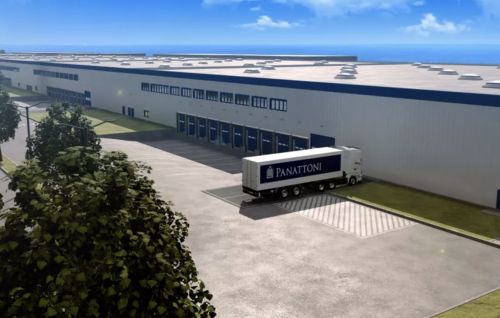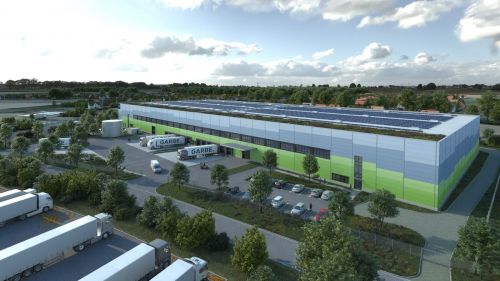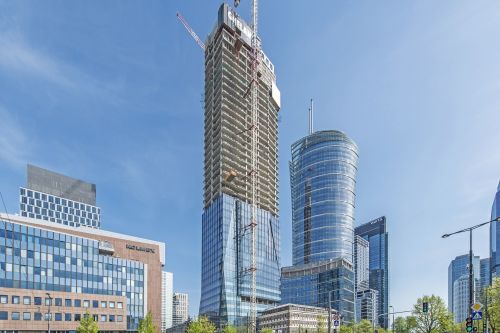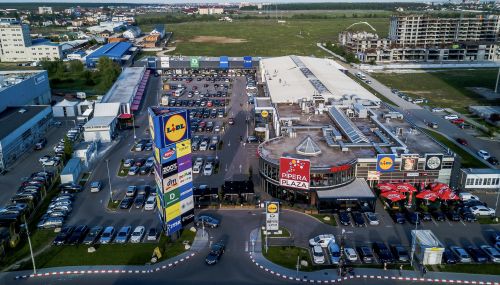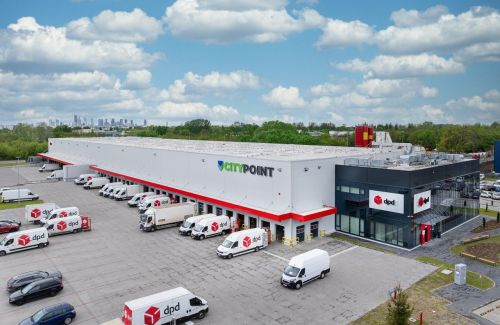The art of compromise
Feature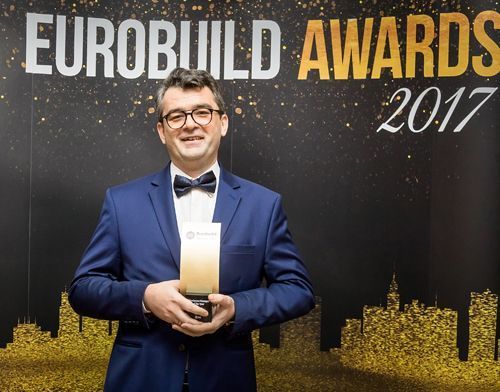
Why do your tenants appreciate you so much?
I think that the way we build our relationships with the clients is of key importance. We always listen to them, are quick to reach agreement and keen to work out compromises.
What advice would you give to a young manager at the beginning of their career?
Well, I still consider myself to be a young manager. I have not developed ready solutions for every kind of scenario. However, this could be an advantage because it means I have to be very flexible. But if I was to give one crucial piece of advice, I would probably say that you should make every effort every day to maintain good relations with your clients, because this approach pays off.
But how do you manage to do this? Is this something you can learn or are you born with this ability?
Some find it easier than others. It’s important to make the client aware that they can come to us with any issue or query, that they are important to us and that we always seek out the best solutions for them. A proactive approach and anticipation are also very important, because they allow you to pre-empt problems in the relationship before they arise.
What else would you recommend?
It’s important not to focus exclusively on the key decision-makers in the company. In our everyday work we deal with people who are closer to the ground. This might be the technical manager or a warehouse manager, but they are the people we work with every day and who we most need to build relations with.
What is the best reward for you as a facility manager?
Well, the Eurobuild Award, for example, which we won thanks to our clients’ votes. In other words, when we receive confirmation like this that they appreciate our everyday work. This year we were double winners: our clients showed their appreciation for us in the Awards survey and they also gave us high scores in the internal satisfaction survey we carry out regularly. The fact that clients want to stay with us for longer and that we have such a high retention rate is also a sign that our work is appreciated.
Am I right in thinking that the award was not a surprise for you?
The award was a surprise and a significant one, too. Our surveys are our own internal business, but when it came to the Eurobuild Award we were competing against the rest of the market. And it turned out that even when judged alongside the competition, we were still assessed very positively by our clients.
What is most the important skill in management: soft, social skills, or the hard, technical ones?
I think that both of these areas are important. As managers we operate in two fields. Firstly in our relations with our clients; and secondly, in our relations with our service providers, that is, with facility management, cleaning or technical service companies. While the soft skills are ideal for building relationships with clients, the hard skills pay off in our work with our contractors. I think that having provided building maintenance services myself at one point in my career, I understand what is possible for them, what challenges they face and how these companies have to operate. On the one hand, this can make working with them easier, but on the other it is sometimes more difficult because you feel like saying “give me that screwdriver and I’ll do it myself.”
And what is the most important aspect to your work?
On the one hand, I represent my company before I do my clients, so I have to take the greatest care over its interests; but on the other, I have to embrace my clients’ viewpoint and try to adapt our operations to best address their needs. Thus my work involves a continual striving to achieve that happy medium.












































